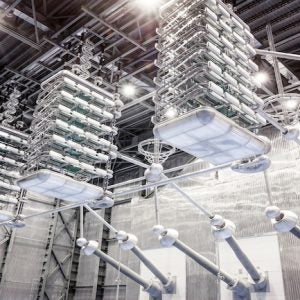With only a limited proportion of both companies’ business conducted beyond Spain, the European Commission announced it did not have providence to intervene in what was a matter for Spain. The national regulator has sole antitrust authority in the event that less than one third of Gas Natural and Endesa’s total European turnover is achieved outside Spain.
In order to ensure EU involvment, Endesa had attempted to restate its 2004 earnings under IFRS accounting standards, a move which increased sales beyond Spain to 36%. Gas Natural, meanwhile, submitted contradictory figures that exclude EU involvement.
Ultimately the EU agreed with Gass Natural. Competition Commissioner Neelie Kroes said in a statement: “This is a very important takeover in the energy sector, and we assessed Endesa’s complaint very carefully. After having considered all the arguments put forward, we concluded that, under existing EU merger control rules, the proposed deal does not have a community dimension.” Despite the fact that the merged Gas Natural-Endesa would effectively create a duopoly in Spain following an agreed sale of Endesa assets to Iberdrola, the deal has already been cleared by Spanish energy regulator the Comision Nacional de Energia (CNE) and now only needs antitrust approval from the Spanish Competition Court, seen as quite likely with Madrid apparently favouring the deal. Endesa has pledged to fight the merger tooth and nail.






